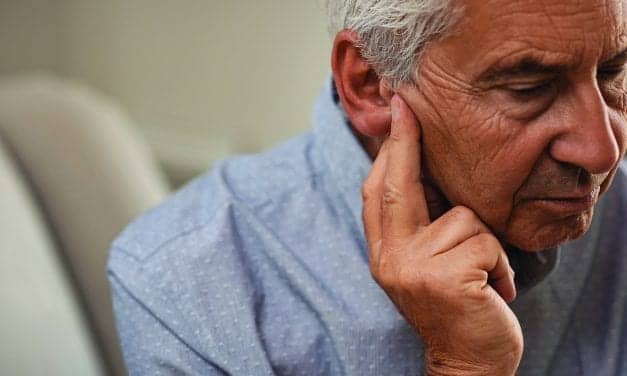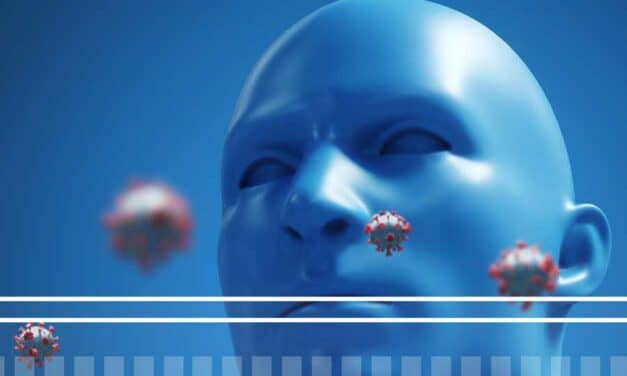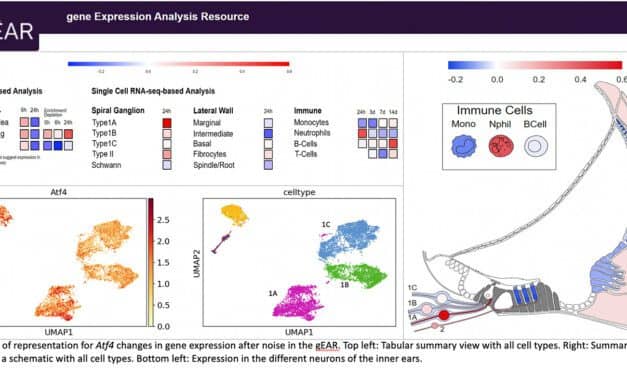Research Shows COVID-19 Can Infect Inner Ear
Stankovic recommends that hearing tests be routine for anyone diagnosed with COVID-19. Or, if a patient presents with new-onset hearing loss, tinnitus, or vertigo, and has had any exposure to the virus, they should be tested and monitored for worsening symptoms by their healthcare provider.
Read More














